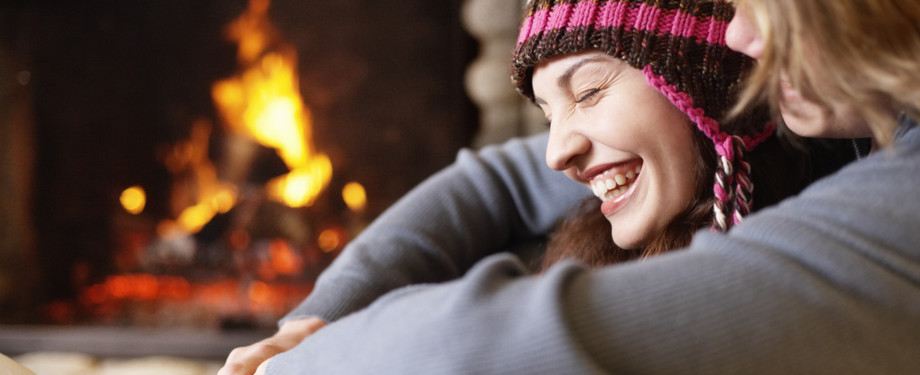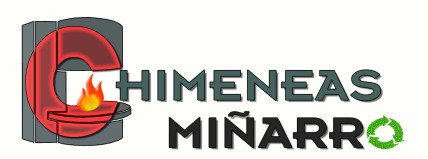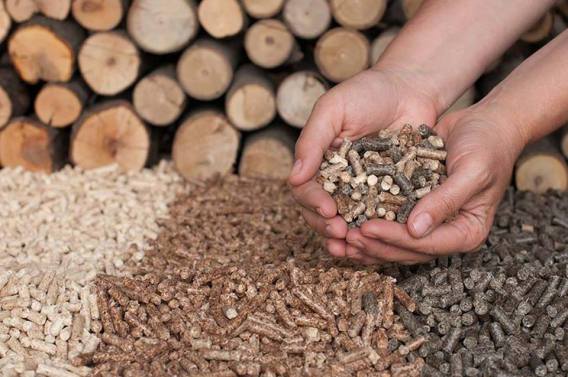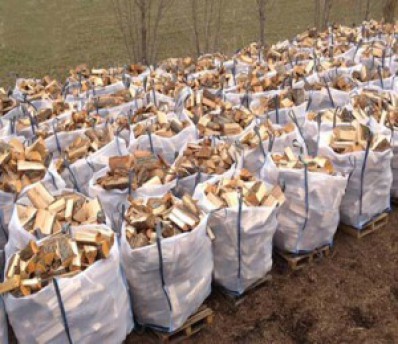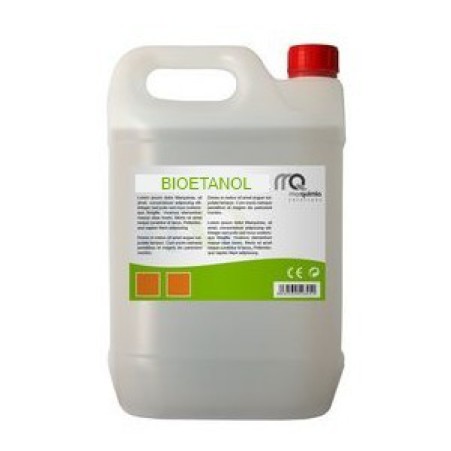What's pellet?
Pellets are small capsules made from wood residues, pressed with no chemical or artificial additives, with very low level of humidity and very high calorific power. It takes two kilos of pellets for every liter of diesel. Considering the substantial difference in the price of both fuels, much higher in the case of diesel, it makes pellets an interesting alternative when planning to heat your home.
What advantages does pellet have?
Deciding to implement in you home a heating system based in the pellets technology can report significant savings in your monthly bill (up to 70%), so much so that your installation will be amortized in a surprisingly short period of time, while helping to reduce CO2 emissions, giving your home the necessary conditions for obtaining the A Category in the Energetic Efficiency Certificate.
The installation of the pellets heating systems, either air or water, is quick and it doesn't require uncomfortable works in your home. Also, pellet stoves and boilers, require very little maintenance work from the user.
Therefore, there are three main characteristics that define the pellets:
-
It is cheap.
-
It is clean.
-
It is safe.
Firewood
Firewood is an ecological energy that can be renewed. Respectful with the environment, it does not participate in the greenhouse effect due to the increase of carbon dioxide (CO2) in the atmosphere.
The combustion of firewood releases CO2: carbon dioxide. Under the action of the sun, the trees reabsorb that same carbon gas that we found in the forest is a natural cycle that has lasted for millions of years it is not important that the wood burns or decomposes naturally in the forest, therefore the wood is a ecological energy that is renewed.
what advantages does firewood have?
It is a clean energy that almost always occurs in the same region where it is used. We do not depend on other countries for their supply.
It is a renewable energy, the forests grow every year and if you extract them less than their growth, you can take advantage of this energy indefinitely.
It is economic. Heating with wood is up to 6 times cheaper than with electricity, 5 times more than with gas and 4 times cheaper than with diesel.
Tips for burning wood without polluting
Only use dry wood (-25% humidity) and adequate size.
Use a fireplace or efficient stove to make better use of the energy of the wood, preferably double combustion.
Never try to make the fire last by closing all the air inlets. A "drowned" fire generates more pollutants, dirties the equipment and does not generate more heat.
Find out about the correct use of the air intakes through the manual of your fireplace or stove, you can also consult with your supplier.
Check and clean your stove and installation annually by a qualified professional. Failure to do so will be obstructed by soot and will decrease the circulation affecting the combustion. This will increase the contamination and the risk of duct fire.
Do not use waxes or paraffins, or burn trash or wood with paint. The fireplace is not an incinerator.
Bioethanol
What is bioethanol?
For the production of fuel that is used in bioethanol chimneys, raw materials of vegetable origin and natural transformation methods are used, such as alcoholic fermentation and the following distillation.
Ethanol is an absolute alcohol, which is produced by the fermentation of sugars from agricultural and forest products, such as sugar cane, potatoes, bananas, beets and, recently, cereals such as wheat. It is the same ethyl alcohol of tempranillo wine and brandy, which has always been achieved by biomass, as they are called today.
The denatured alcohol is composed exclusively of biological products that do not modify the ecological balance (according to the norm about the greenhouse effect) and the combustion of ethanol (which is also called ethyl alcohol C2H5OH) produces a clean emission: heat, water vapor and carbon oxide in minimum quantity.
Bioethanol fireplaces operate in conditions of maximum safety: denatured alcohol actually produces a stable flame, which produces no sparks, soot, smoke, or harmful gases. The durability of the flame is proportional to the amount of fuel thrown into the burner and, once the fuel is exhausted, the flame goes out without leaving anything to clean or remove. Once cooled, the fireplace can be re-lit at any time.
